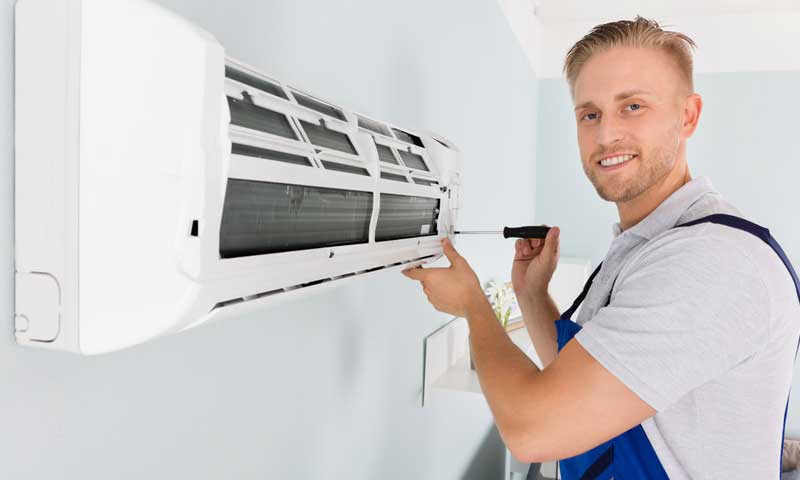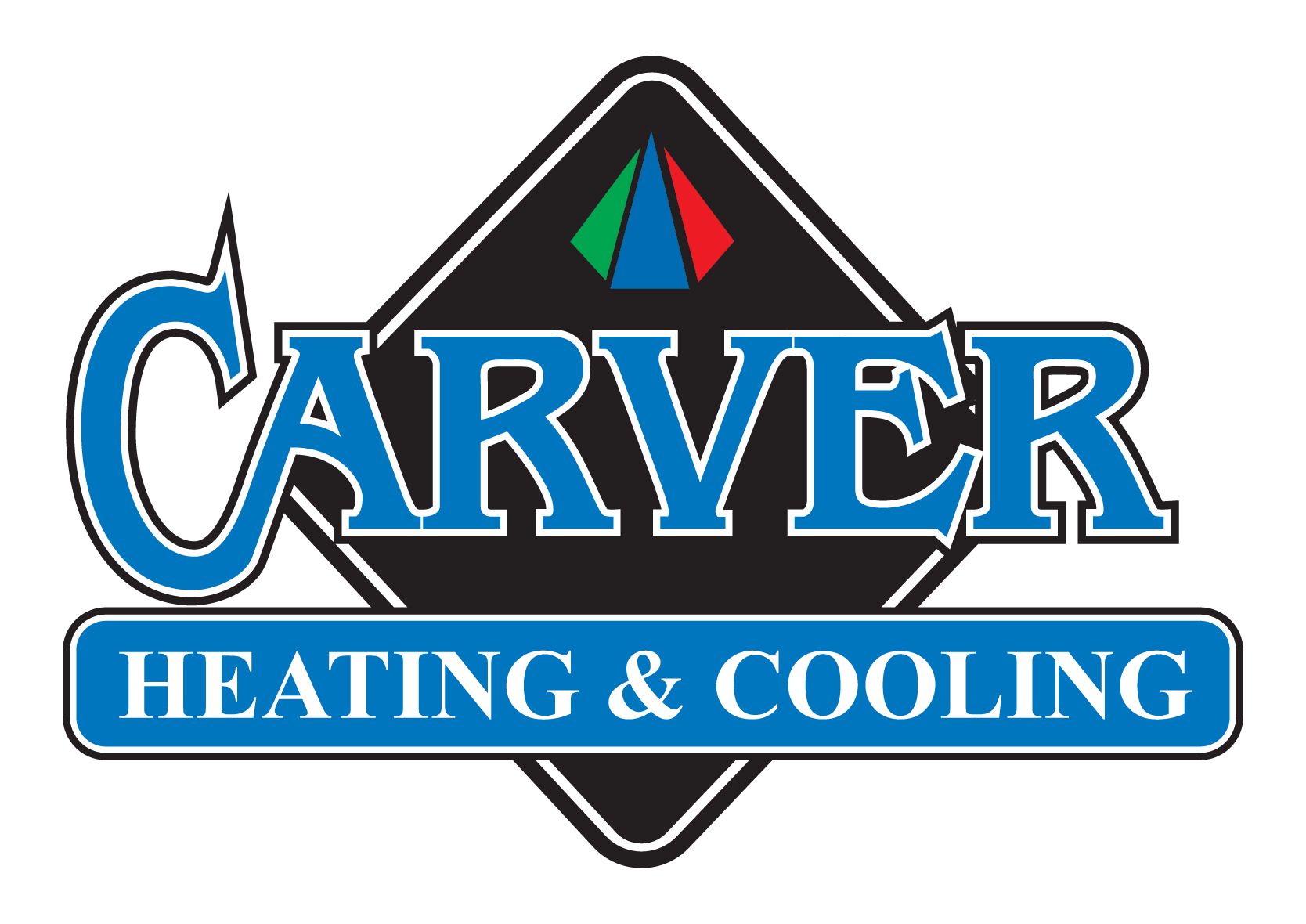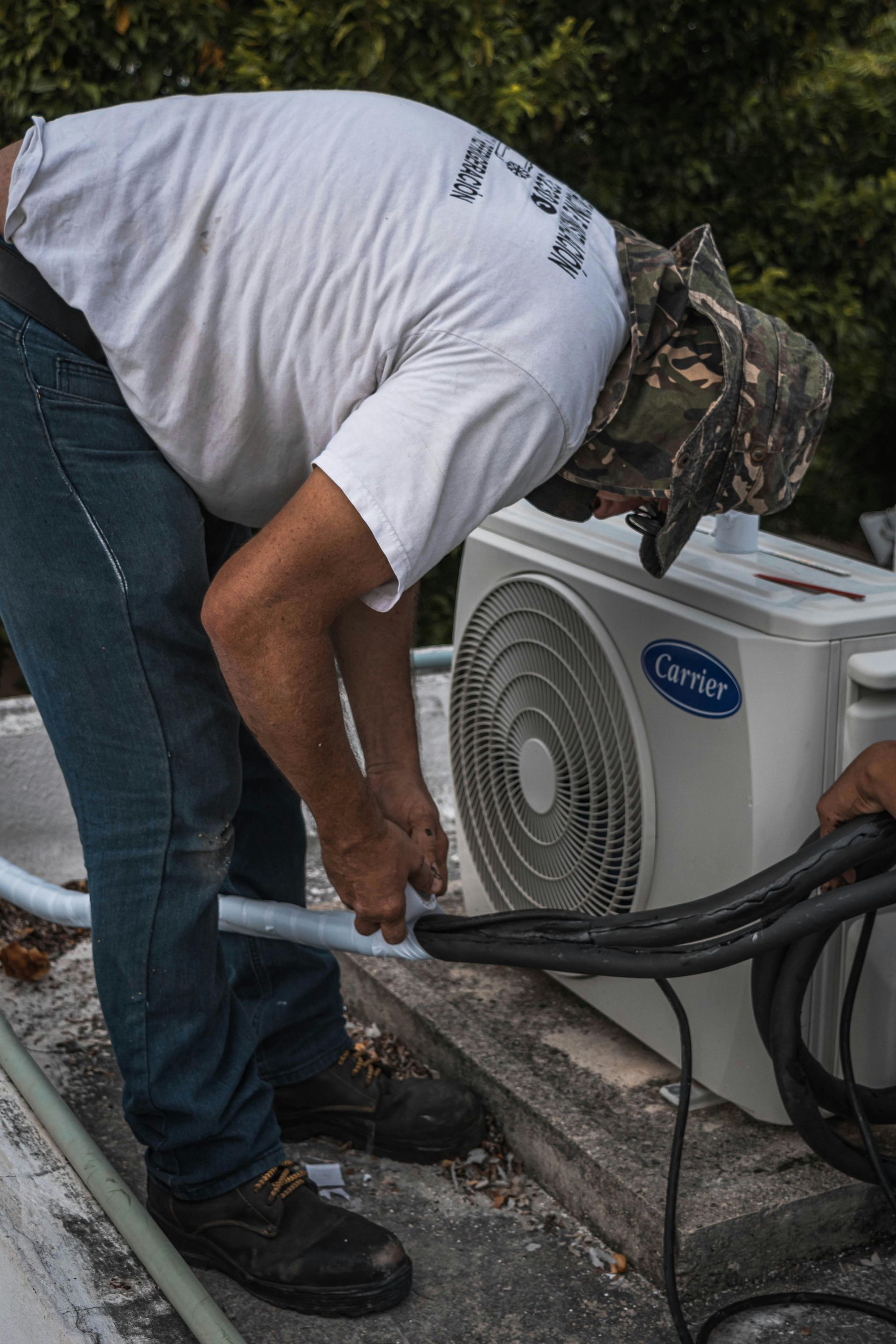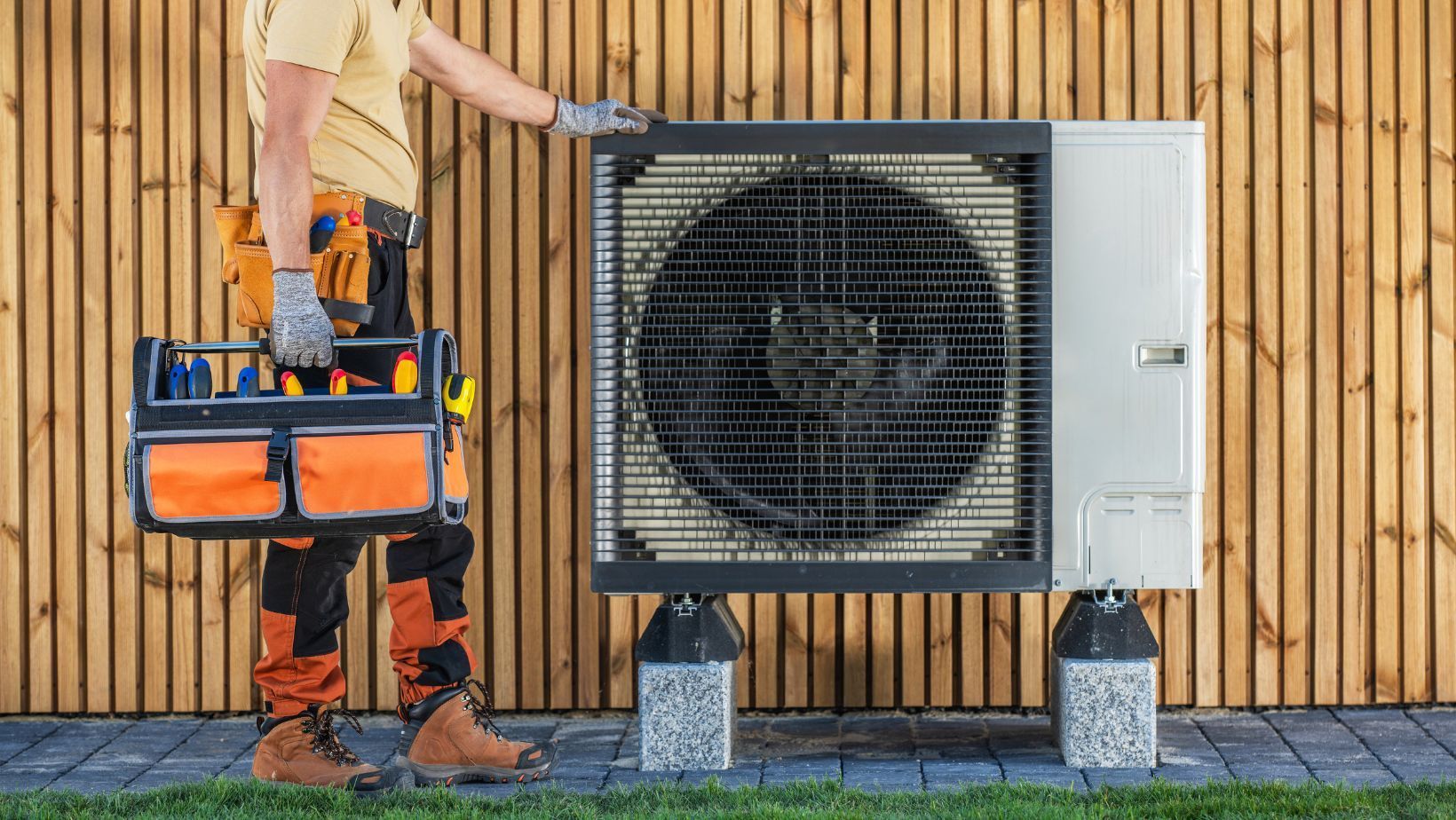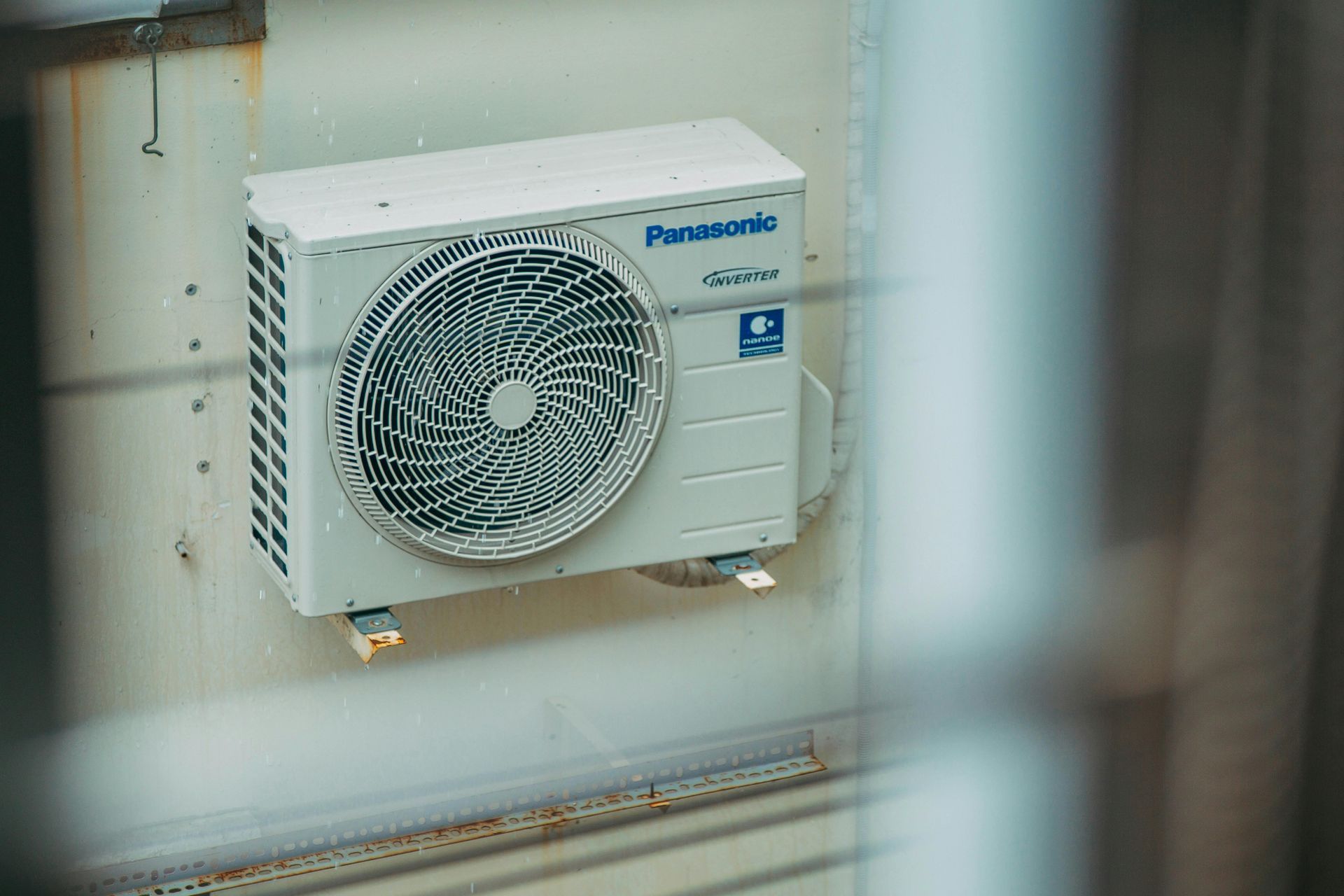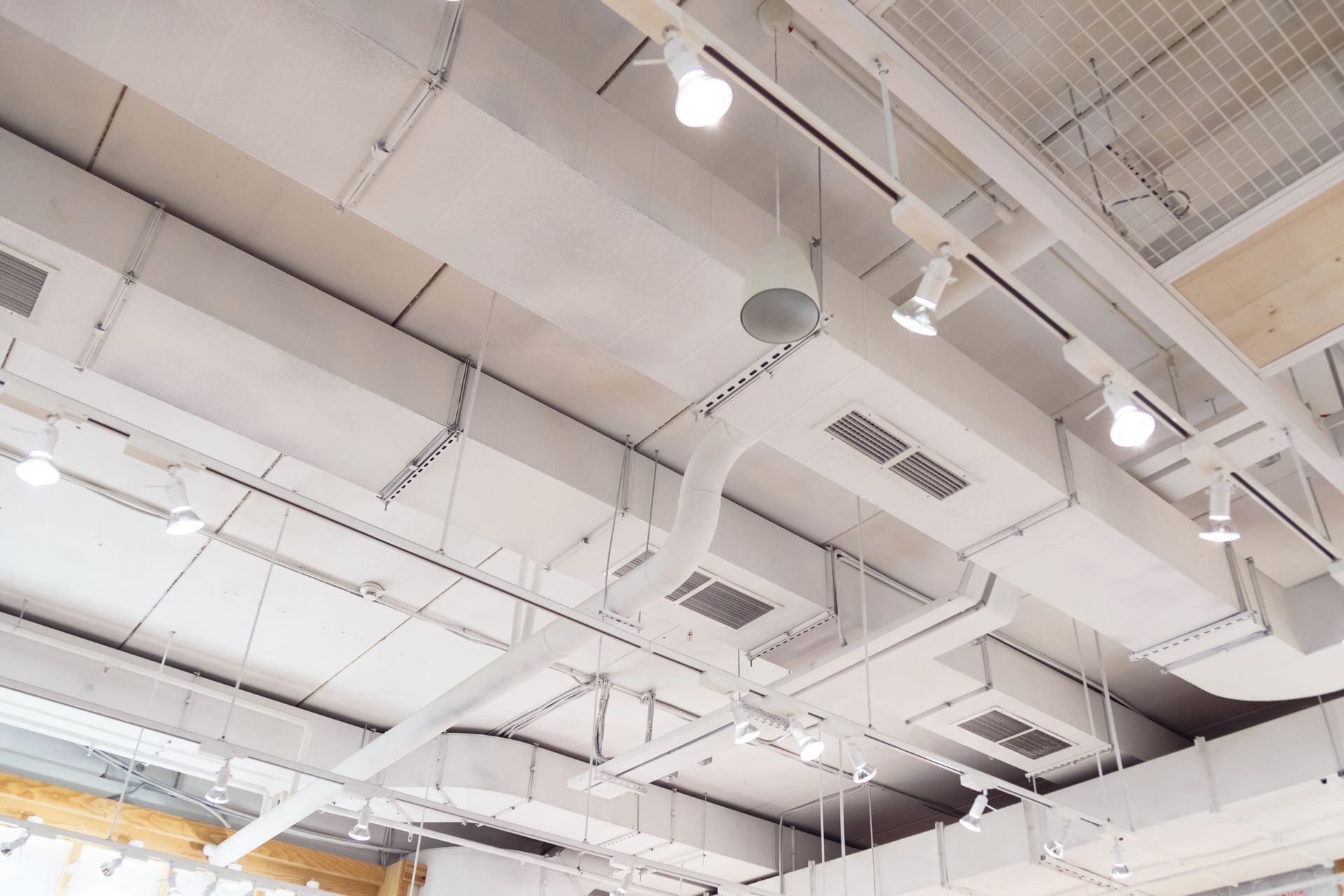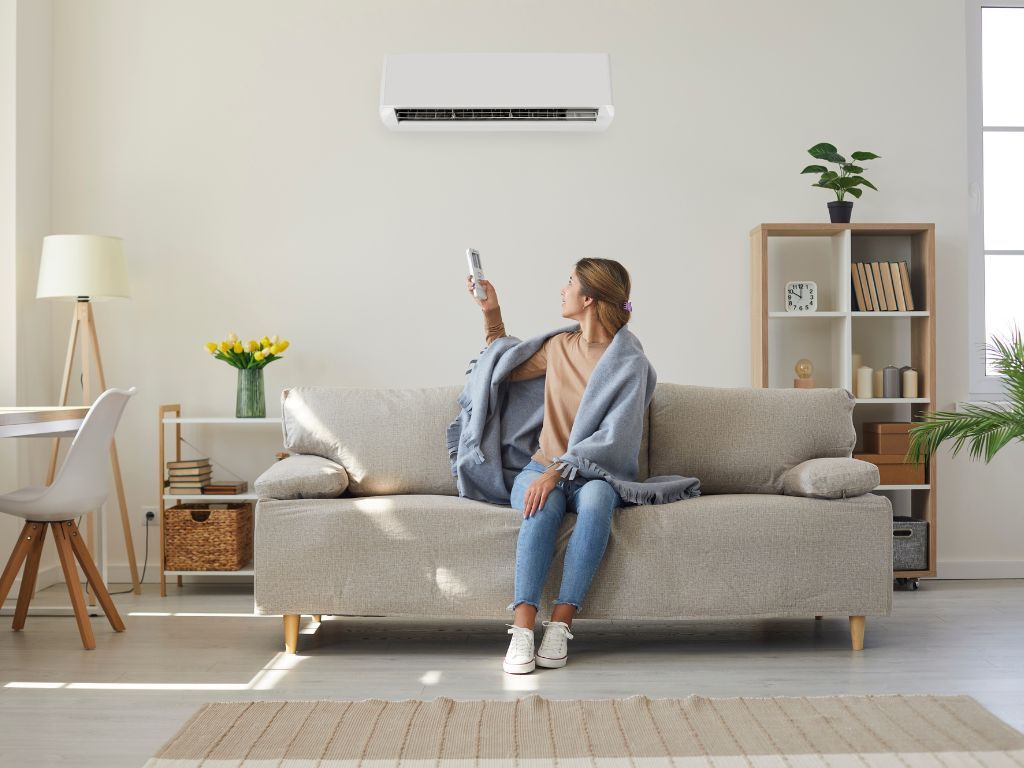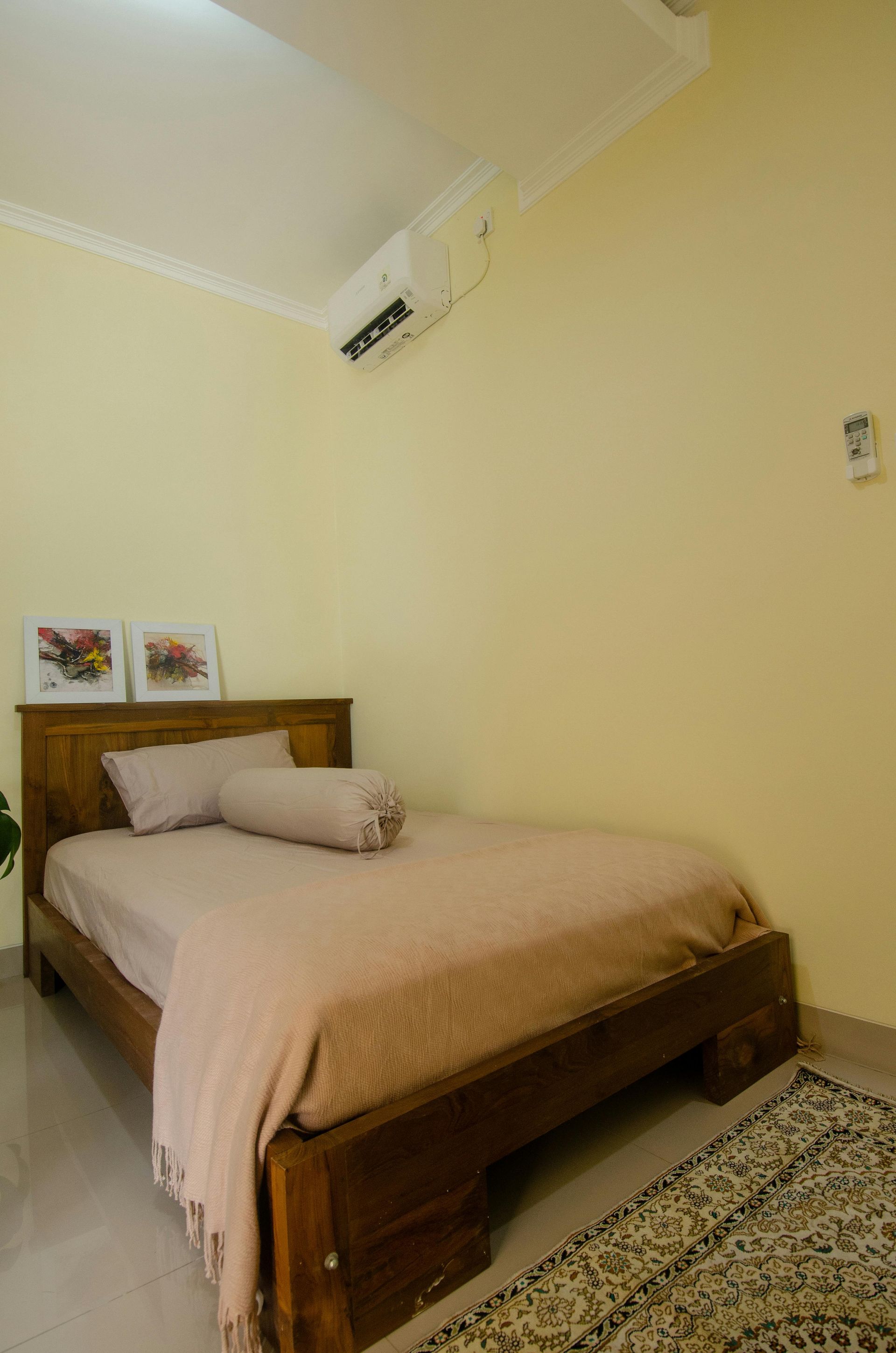6 Important Factors to Consider When Buying an Air Conditioning Unit
6 Important Factors When Purchasing an Air Conditioning Unit

Picking the right air conditioning unit can be tricky. You can’t just walk into a store and buy the first thing you see. It would be best if you considered many things that might be helpful in the future.
You need to pick the perfect one for your space that will fit your budget and serve its purpose. You might buy a cheap and small one that doesn’t exactly cool the entire room. And, worse—it might break down easily.
So, in this article, we will help you determine which is the right air conditioning unit for you and your place. Here are 6 important factors you need to consider in
buying an air conditioning unit.
Check them out below!
The Important Factors to Consider on Air Conditioning Units
Keep these factors in mind when selecting the best AC for your needs. These will assist you in buying the best one and avoiding future AC problems. Here are the 6 most important factors to include on your checklist.
1. Type of Air Conditioning Unit
In the majority of rooms, we observe one of two types of air conditioners. Split-type or window type, that's what we're going to discuss in this section.
Window Type AC
A window-type air conditioner is the most basic kind of AC unit. It is a single unit with all parts and pieces inside one box or casing. This type of AC is usually mounted or put in a window and plugged into a regular electrical outlet.
A window air conditioner works the same way as any other kind of air conditioner. It uses its ability to cool air to eliminate heat and humidity in a room and bring
cool air into the room.
The most important consideration when selecting a window AC unit is size. If it's too small, such as 0.5hp, it'll have to work too hard to cool the room, and it won't feel cool enough. If it is too large, such as a 2.5hp size, it will cool the room too quickly without removing enough humidity, causing the room to feel sticky even when it is cool.
Split-type AC
A split-type unit AC is an air conditioning system that consists of two separate units. It has a part for the water or air-cooled condensing unit and a part for the air handling.
The split-type air handling unit is installed in the air-conditioned room itself. In contrast, its condensing unit is then installed either in the engine room or mechanical space. To add to that, the condensing unit can be mounted outside as well.
It is also important to note that split-type air conditioners can be installed in more places. While window units typically require a specific size and shape for their window and block, the indoor portion of a split-type air conditioner can be installed on any wall in a room. This makes it simple to incorporate into any home's design.
2. Room Size
The performance of an air conditioner will also vary depending on the room it’s trying to cool. You must pick the right size for the room or space that will be utilized. The more horsepower (HP) you need, the bigger the area. Not only does the right power of your air conditioner affect how well it cools your room, but it also affects how much electricity it uses.
If your air conditioner is too small for the room, you'll sweat and have t-shirt stains. If it's too powerful, it will waste energy by overcooling the room, causing the air conditioner to switch on and off more often to maintain the desired temperature. You want to select the perfect size so you don't spend as much on your electricity bill while still cooling your space.
3. Cooling Capacity
The cooling capacity of an air conditioner means how strong the unit is or how much heat it can take out of a room per hour. You wouldn’t want to buy an AC that would take so long to cool a room or, worse, can’t make the room cool enough.
To calculate how much cooling the room can provide, multiply its size by 500 or 1000. (Sq.meter x 500). The simple chart below can help you determine how much horsepower and cooling capacity each of your rooms requires.
4. Inverter or Non-Inverter Option
Air conditioners may be the inverter or non-inverter types.
Inverters
Inverters manage incoming electrical current for your air conditioner's compressor. The room temperature affects their pace. Once the room is chilly enough, an inverter air conditioner will run at lower speeds, requiring less energy.
So, an inverter type will save you money if you plan on running your air conditioner for a long time, such as in your bedroom while you sleep or where you work.
Non-inverter
Non-inverters, on the other hand, use fixed-speed compressors that shut down when the room temperature reaches the desired level. When the temperature in the room rises, you turn it back on. Air conditioners without inverters can consume a lot of electricity simply by turning on and off. This is especially true if it has been done for an extended period of time.
If you plan to use your AC for short periods, like an hour or two at a time, a non-inverter would suffice and be just as efficient, but non-inverter aircons are often more economical.
5. Energy Efficiency
Have you ever noticed that new air conditioners for sale have this yellow card attached to the front?
These things show how well the air conditioner uses energy. It is attached because running an air conditioner is expensive and uses a lot of energy. So energy efficiency is something you should think about when buying an air conditioner.
Checking the paper for the EER, or Energy Efficiency Ratio is the best way to see how well an air conditioner works. The most important thing to know is that a higher EER means that the air conditioner is more cost-efficient and will cost less to run. You get to save on expenses and save on the environment, too!
6. Cost of Electricity
There are many things that can change how much energy your air conditioner uses. During the warm months, the average central air conditioner uses between 3000 and 3500 watts per hour.
In very warm places, air conditioners can run at that level for most of the year. The energy used by your central air conditioner drops to about 750 watts per hour when it is on "fan-only" mode.
Air conditioners consume a significant amount of energy, but the exact amount depends on a variety of factors. That is why it is critical to thoroughly research the air conditioning unit you intend to purchase. This can result in lower consumption and maintenance costs.
Who to Call?
Now that you know how to pick the right air conditioning unit for your home, you may be wondering where to look for one—no need to go anywhere. Carver Metal Sheet Inc. is the most dependable HVAC provider in London. Visit Carver Sheet Metal Inc. today and see their air conditioning units and services.
